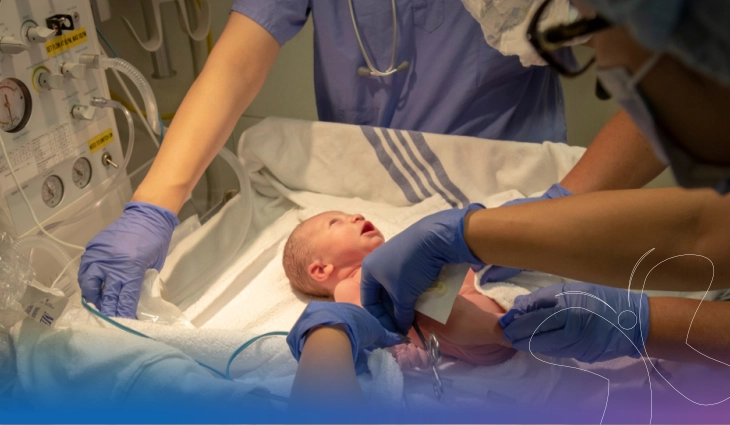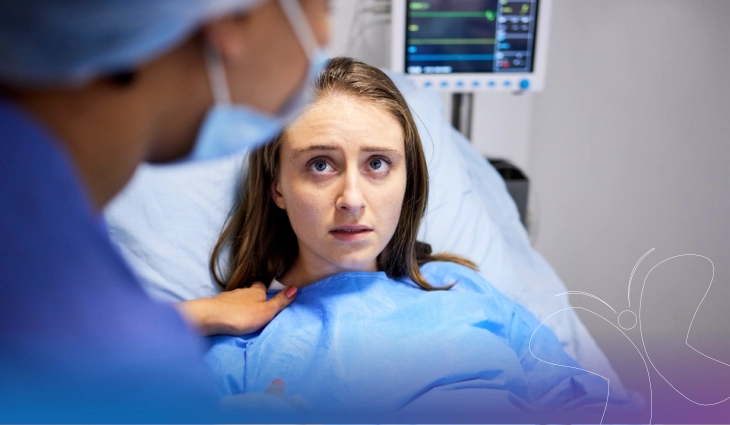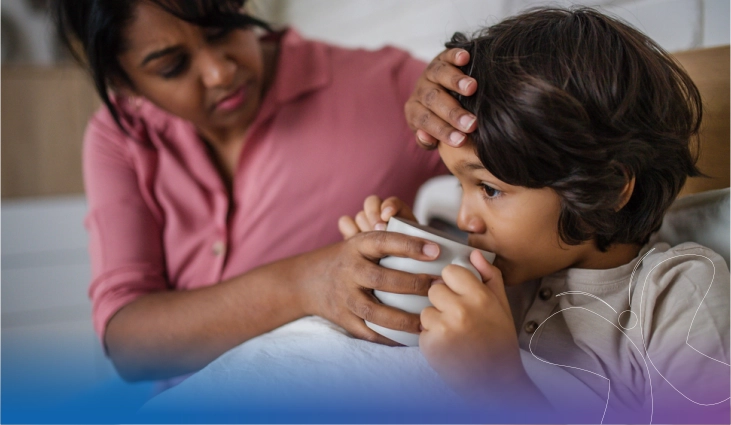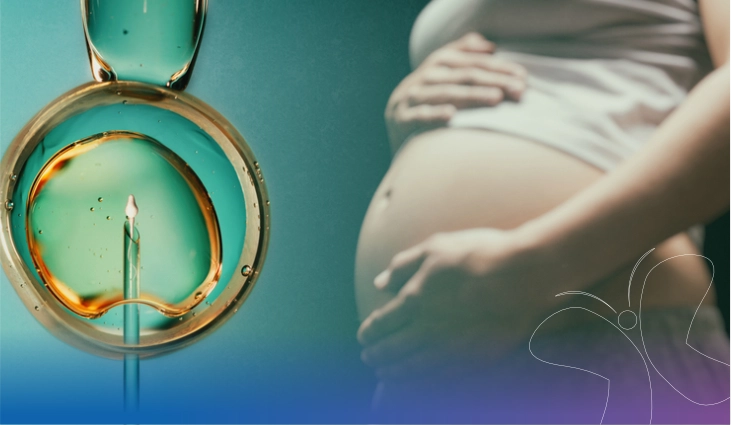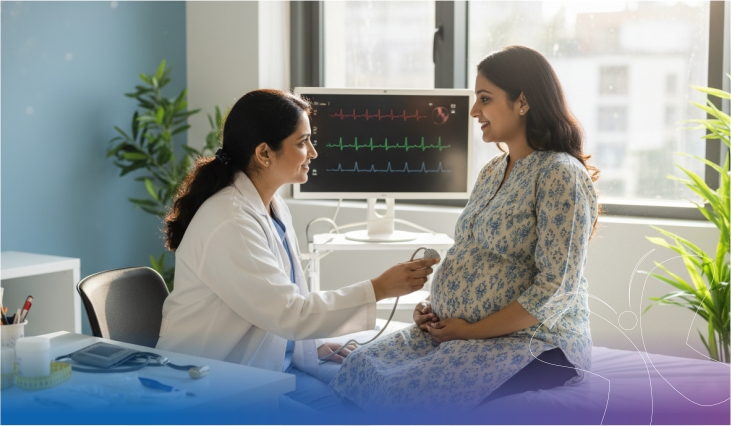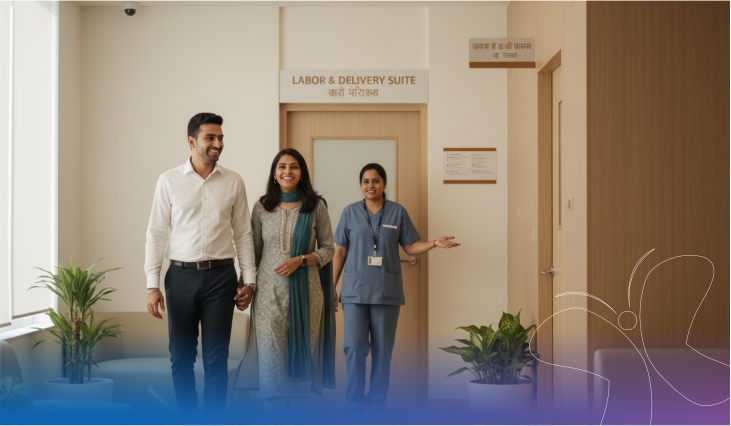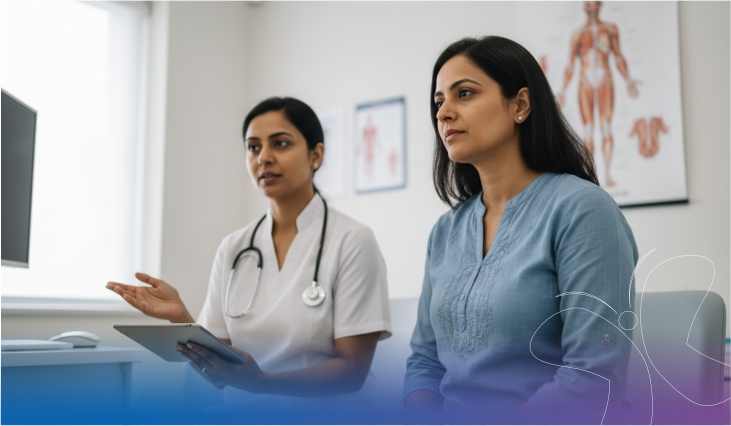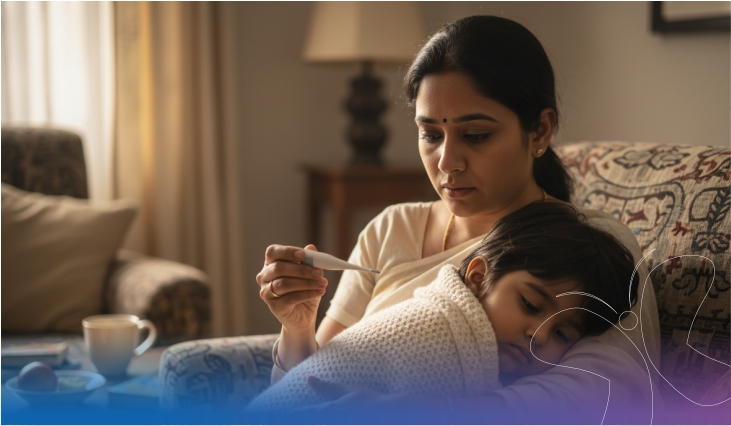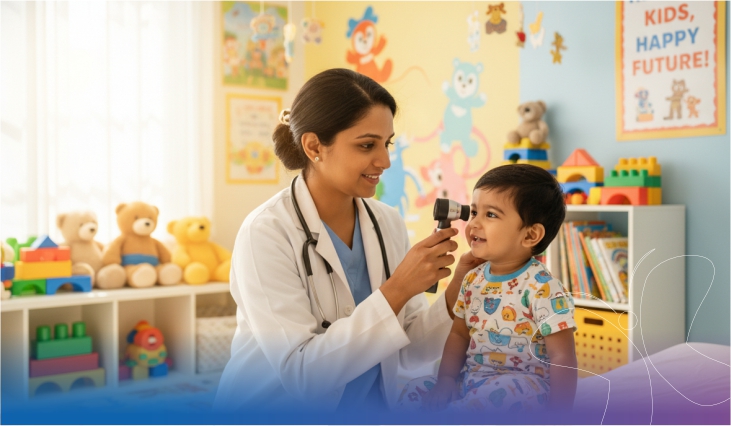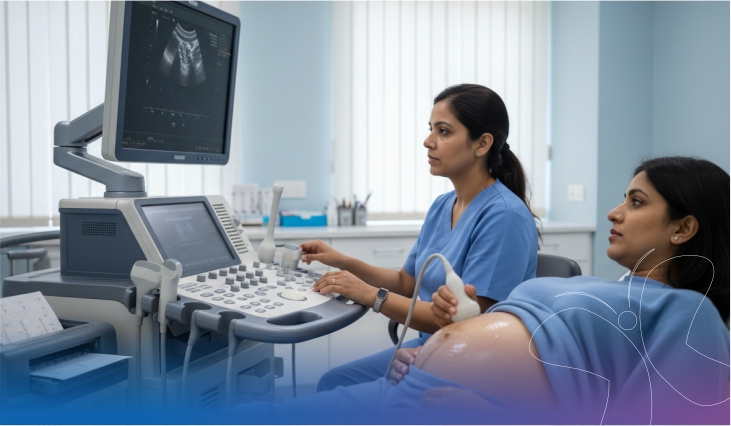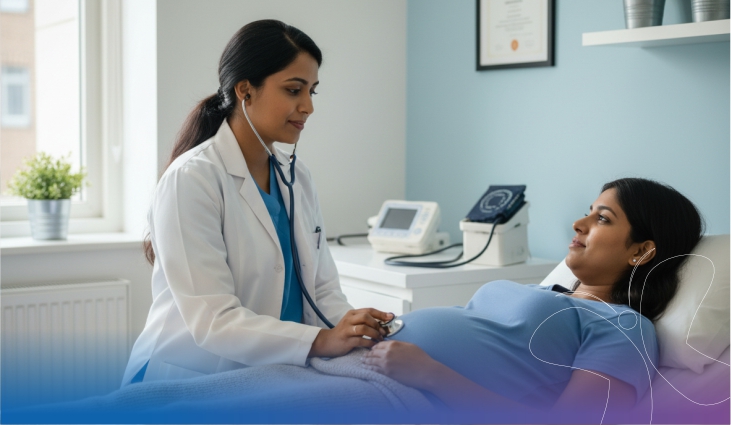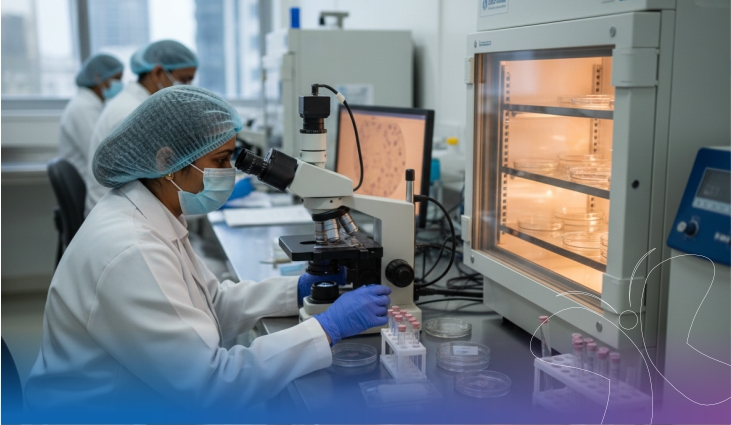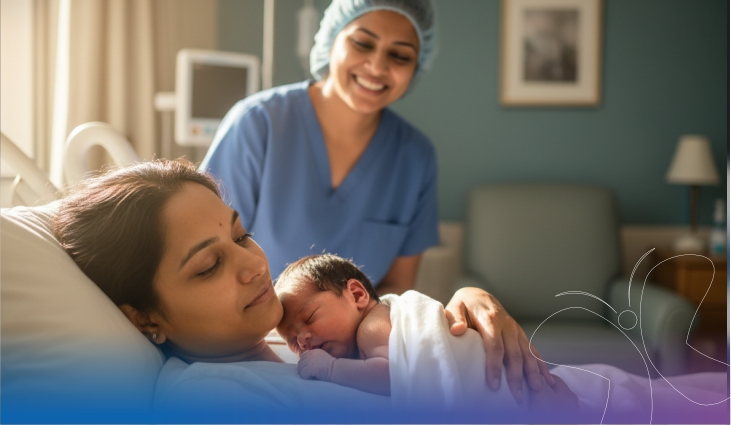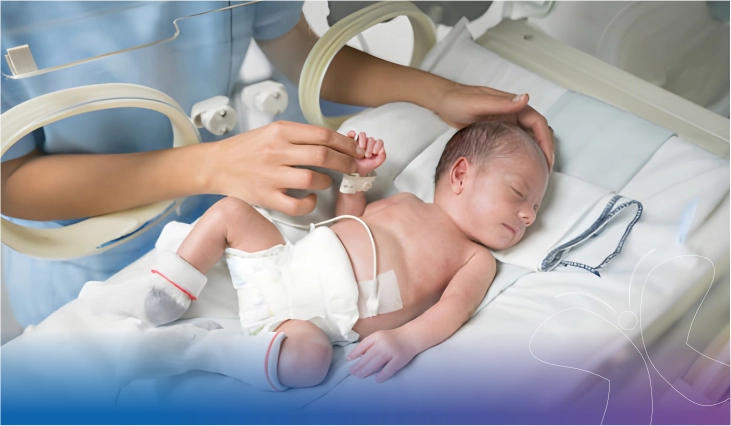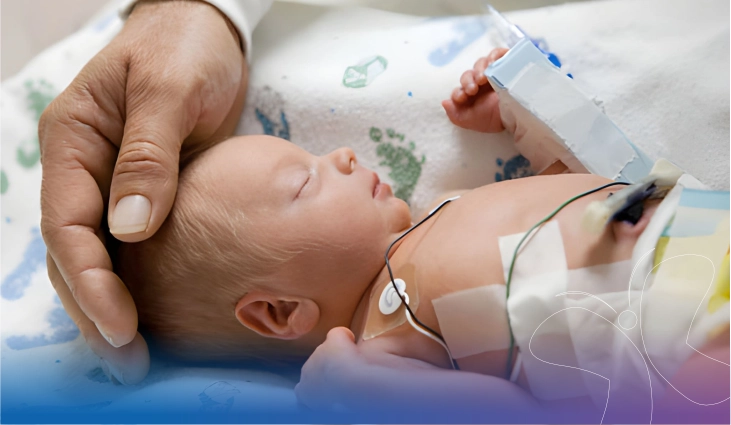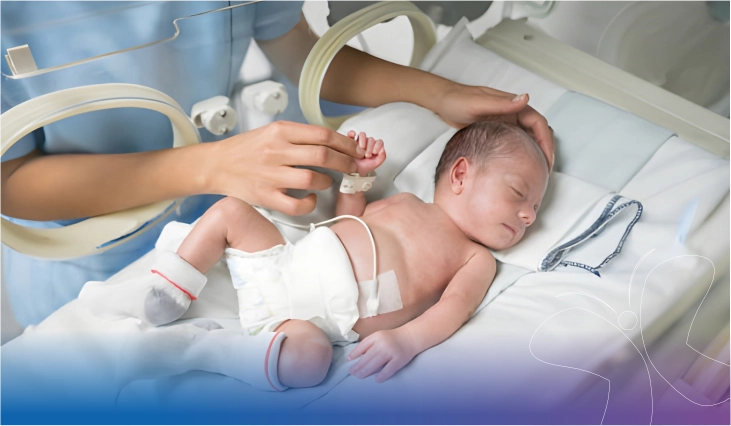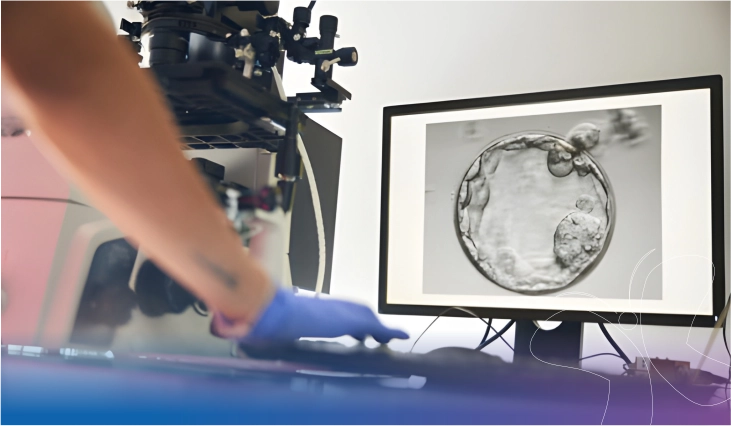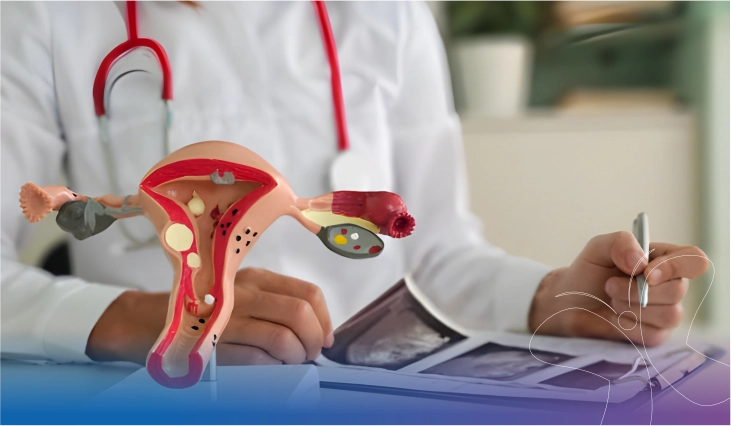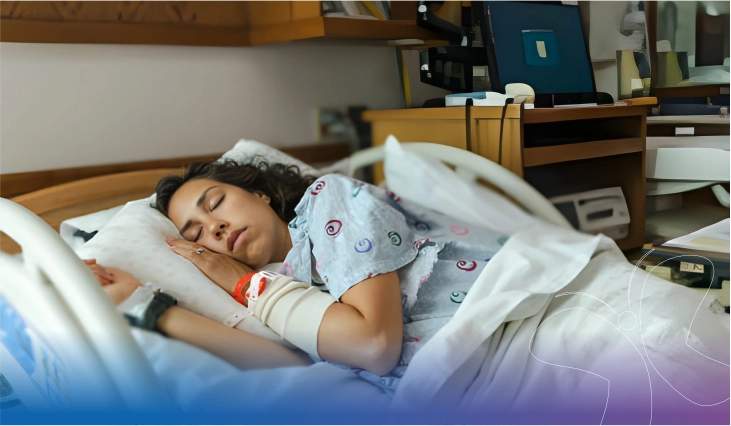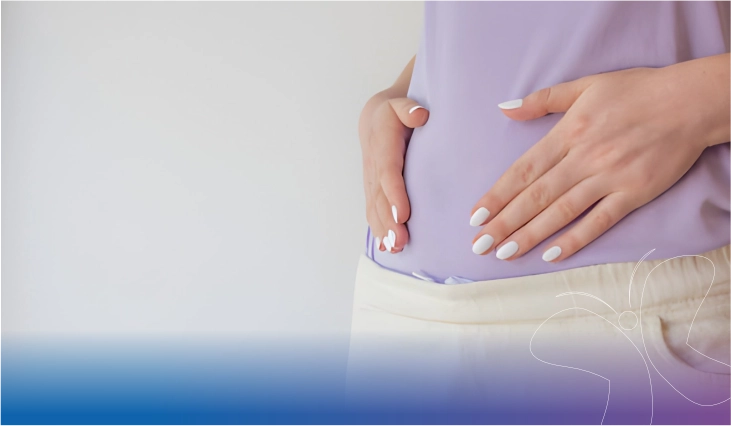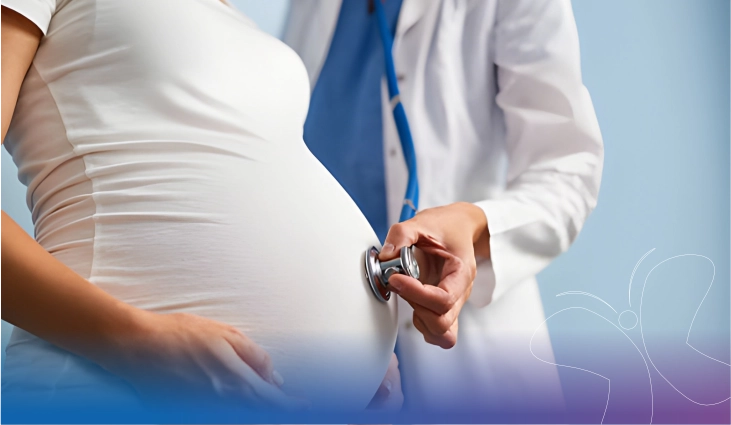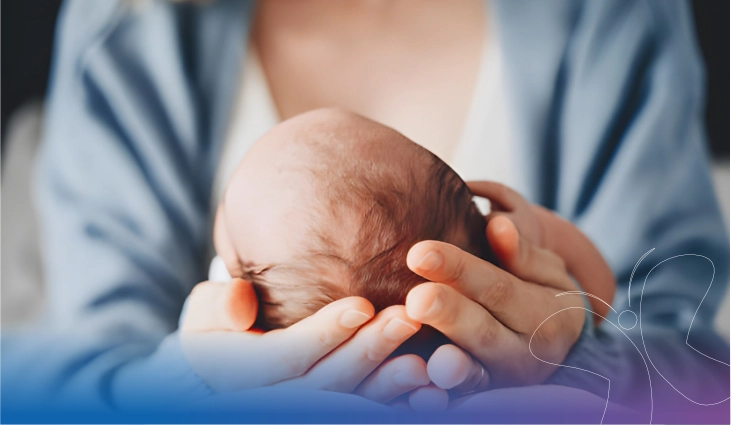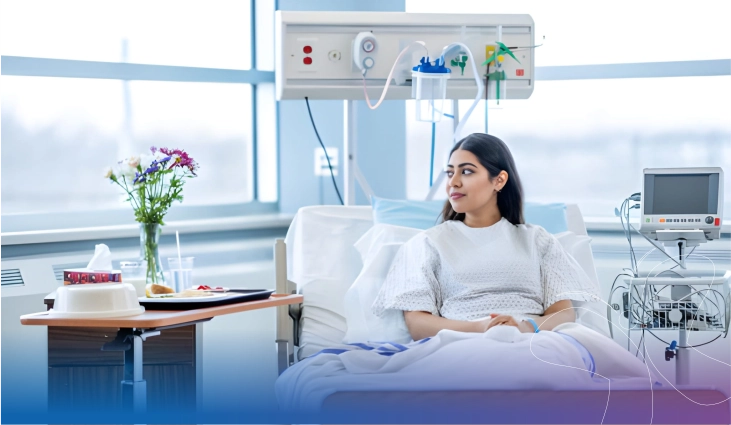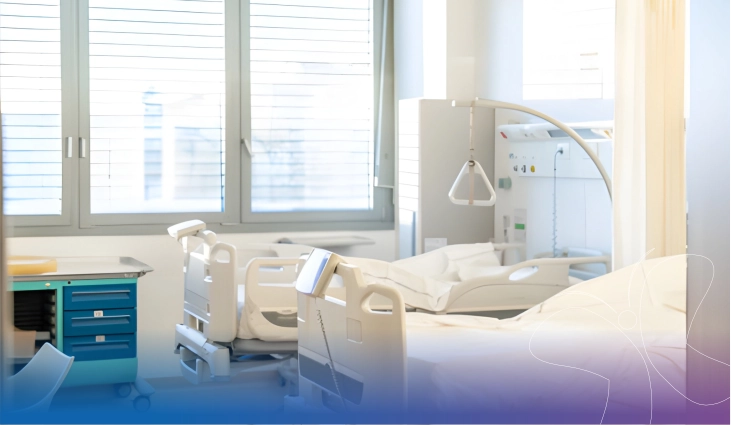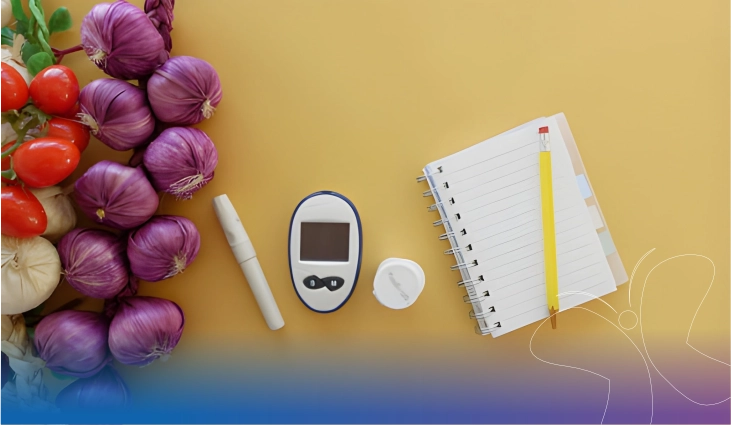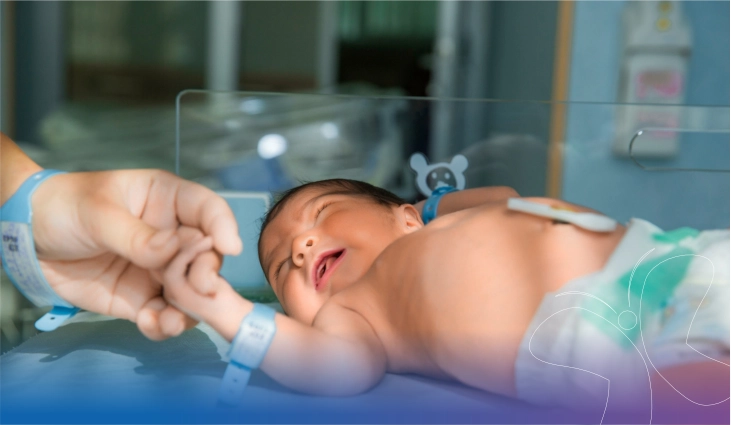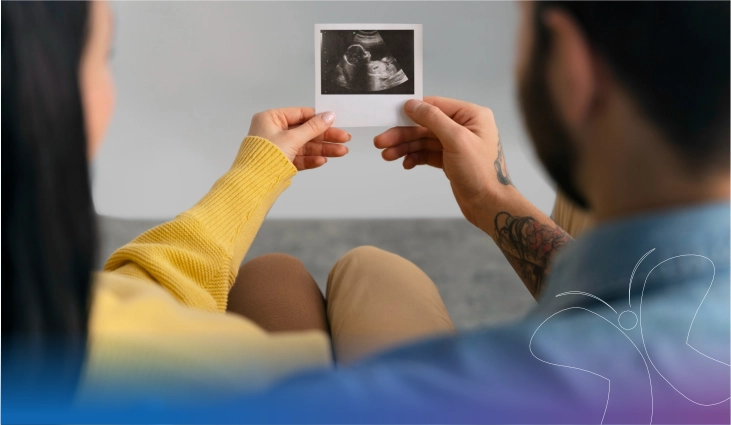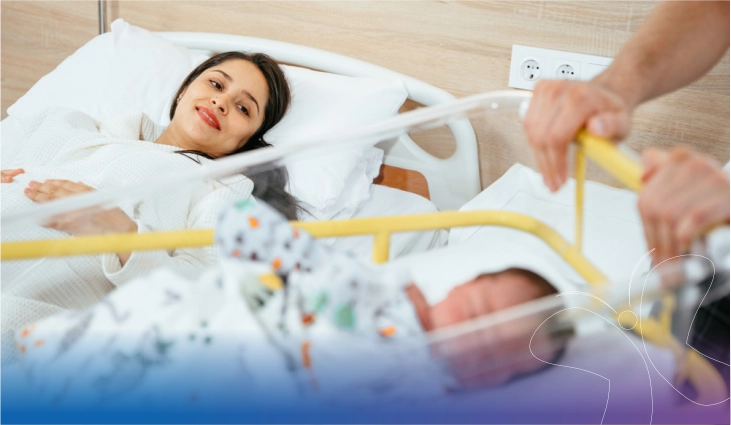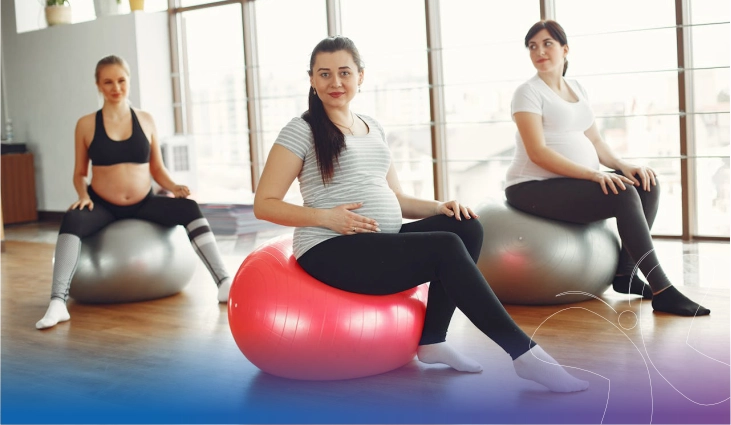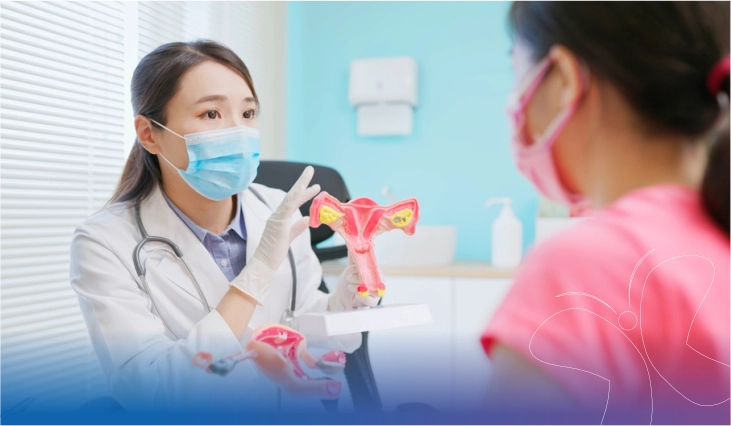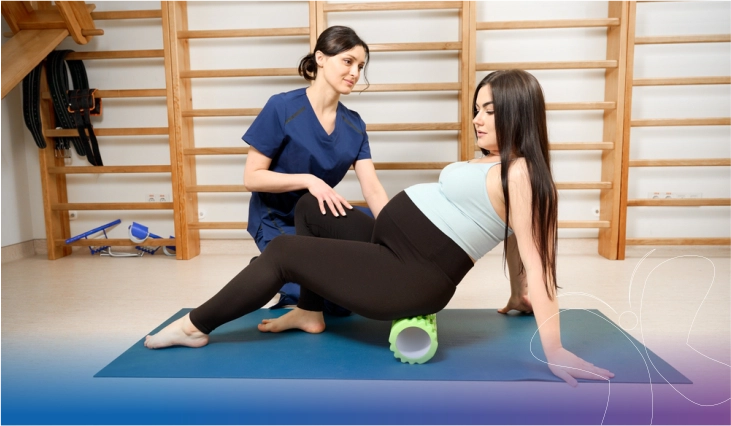“Can I travel while I’m pregnant, or should I just stay home?”
It’s a valid question—and one that almost every expecting mother asks, especially when family functions, holidays, or work plans come up.
At Flowrence Hospital, we tell our patients this: pregnancy isn’t a sickness—but it does require smart planning. You can travel in most cases—but whether you should depends entirely on your condition, trimester, and how you feel.
Here’s what every pregnant woman should know before packing a suitcase.
First things first: Always talk to your doctor
This might sound obvious, but it’s often skipped.
Even if your pregnancy feels completely fine, only your doctor can assess whether it’s safe for you to travel.
Why? Because a few silent risk factors—like a low-lying placenta, short cervix, early contractions, or rising blood pressure—can turn travel into a potential complication.
That’s why our top gynecologists in Rajkot always insist: no travel without a quick pre-check.
When is the safest time to travel?
Generally, the second trimester (between weeks 14 and 28) is considered the safest for travel.
By then:
- Morning sickness usually settles
- The risk of miscarriage drops
- You’re not too heavy to move comfortably
- You can still walk, sleep, and sit without too much strain
Avoid travel during the first trimester if you’ve had spotting, bleeding, or any history of early loss.
And after 32–34 weeks, it’s best to stay close to home—even if you're feeling perfectly fine.
Precautions to keep in mind while travelling
By car or bus?
- Take breaks every 1–2 hours
- Stretch your legs to avoid swelling or clots
- Wear a seatbelt below your belly (not across it)
- Carry water, light snacks, and your prescription meds
Flying?
- Most airlines allow pregnant women to fly up to 32–36 weeks, with a fit-to-fly letter
- Book an aisle seat near the restroom
- Walk a bit every hour during the flight
- Stay hydrated
Always carry:
- Your medical records and reports
- Your doctor’s emergency contact
- Prescribed medicines (especially if you have thyroid, BP, or diabetes)
At our pregnancy care hospital, we often prepare custom travel kits for mothers-to-be, especially those travelling for family weddings or pilgrimages.
When you absolutely should avoid travelling
Even if it’s your sister’s wedding or a once-in-a-lifetime trip—your health comes first. Avoid all travel if you’re experiencing:
- Vaginal bleeding or fluid discharge
- Strong cramps or contractions
- High blood pressure or gestational diabetes complications
- Low amniotic fluid levels
- History of premature delivery
Our senior consultants at the best maternity hospital in Rajkot often say:
"No destination is worth the risk of an early hospital visit."
Listen to your body—it's your best guide.
Pregnancy changes from week to week. What felt easy last month might feel exhausting now. If you're tired, swollen, moody, or uneasy—stay home. Rest is also a form of preparation.
And if you're ready, cleared by your doctor, and feeling good? Go. With all the right support and preparation, many women enjoy their second trimester babymoon or travel for work with no problems at all. Safe pregnancy begins with smart choices. Whether you’re going 50 km or 500, remember—your journey isn’t just about the road ahead. It’s about how you feel, what you need, and how confidently you’re supported.
At Flowrence Hospital, we help you make travel decisions based on care, not fear. And we’re always here if you need us—before, during, or after your trip.
Flowrence Hospital – Because care travels with you.
Trusted advice from the top gynecologist in Rajkot
Travel-friendly support at our full-service pregnancy care hospital
Plan your journey safely with the team at the best maternity hospital in Rajkot








